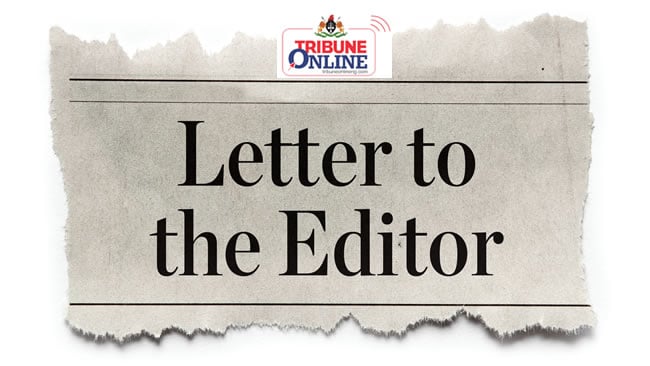Ramadan is the ninth month in the Muslim lunar calendar. Healthy adult Muslims fast in Ramadan from dawn until dusk. This includes abstaining from drinking, eating, immoral acts and anger. Other acts of worship such as prayer, reading the glorious Quran and charity are also encouraged during the holy month.
During the period, Muslim faithful intensify religious activities so as to gain multiple rewards as Almighty Allah says in the glorious Qur’an. They wake up early to eat a pre-dawn meal called suhoor, and break their fast with a meal referred to as iftar. It is common for mosques to host large iftars, especially for the poor and needy. Nightly prayers called Tarawih are also held in mosques after iftar.
Different cultures have different traditions during Ramadan, whether it is a special food they must cook, or eating iftar with the extended family. Islamic tenets such as generosity inspired most of these traditions, including sharing food and inviting guests over for iftar. However, this year Ramadan will most certainly be a less festive time, amid the coronavirus pandemic as all nations, including Muslims, take precautions to curb the spread of the virus.
Since Ramadan is part of the lunar calendar, its date annually changes on the Gregorian calendar. Muslims tend to wait for the new month’s moon to appear before they announce the first day of Ramadan.
However, they can still estimate the day beforehand. Other than fasting during Ramadan, Muslims also read the Quran, pray and give to charity. Lunar months last between 29 and 30 days depending on when the new moon is sighted. If the moon is not seen on the night of the 29th day, then Ramadan lasts for the full 30 days.
According to a medical expert, Doctor Elufoye Abubakar of Federal College of Education (FCE), Yola apart from religious benefits, fasting improves blood pressure, reduces hypertension and diabetics, makes fat people slim down, makes people physically fit, makes the skin firm and improves the immune system.
Since Ramadan remains a significant and rewarding month among the 12 months in the Islamic Luna calendar, Muslims, especially well to do ones, should not forget to give aid to the needy such as custodial centres, correctional services, orphanage centres, widowers and low earning families.
The 2021 Ramadan timing sahur and iftar differ from region to region; it takes not less than 18 hours in Nigeria for faithful to break their fast.
Usman Ahmad Mohammed,
Yola.
YOU SHOULD NOT MISS THESE HEADLINES FROM NIGERIAN TRIBUNE
We Have Not Had Water Supply In Months ― Abeokuta Residents
In spite of the huge investment in the water sector by the government and international organisations, water scarcity has grown to become a perennial nightmare for residents of Abeokuta, the Ogun State capital. This report x-rays the lives and experiences of residents in getting clean, potable and affordable water amidst the surge of COVID-19 cases in the state…Ramadan in a pandemic Ramadan in a pandemic
Selfies, video calls and Chinese documentaries: The things you’ll meet onboard Lagos-Ibadan train
The Lagos-Ibadan railway was inaugurated recently for a full paid operation by the Nigerian Railway Corporation after about a year of free test-run. Our reporter joined the train to and fro Lagos from Ibadan and tells his experience in this report…Ramadan in a pandemic Ramadan in a pandemic






